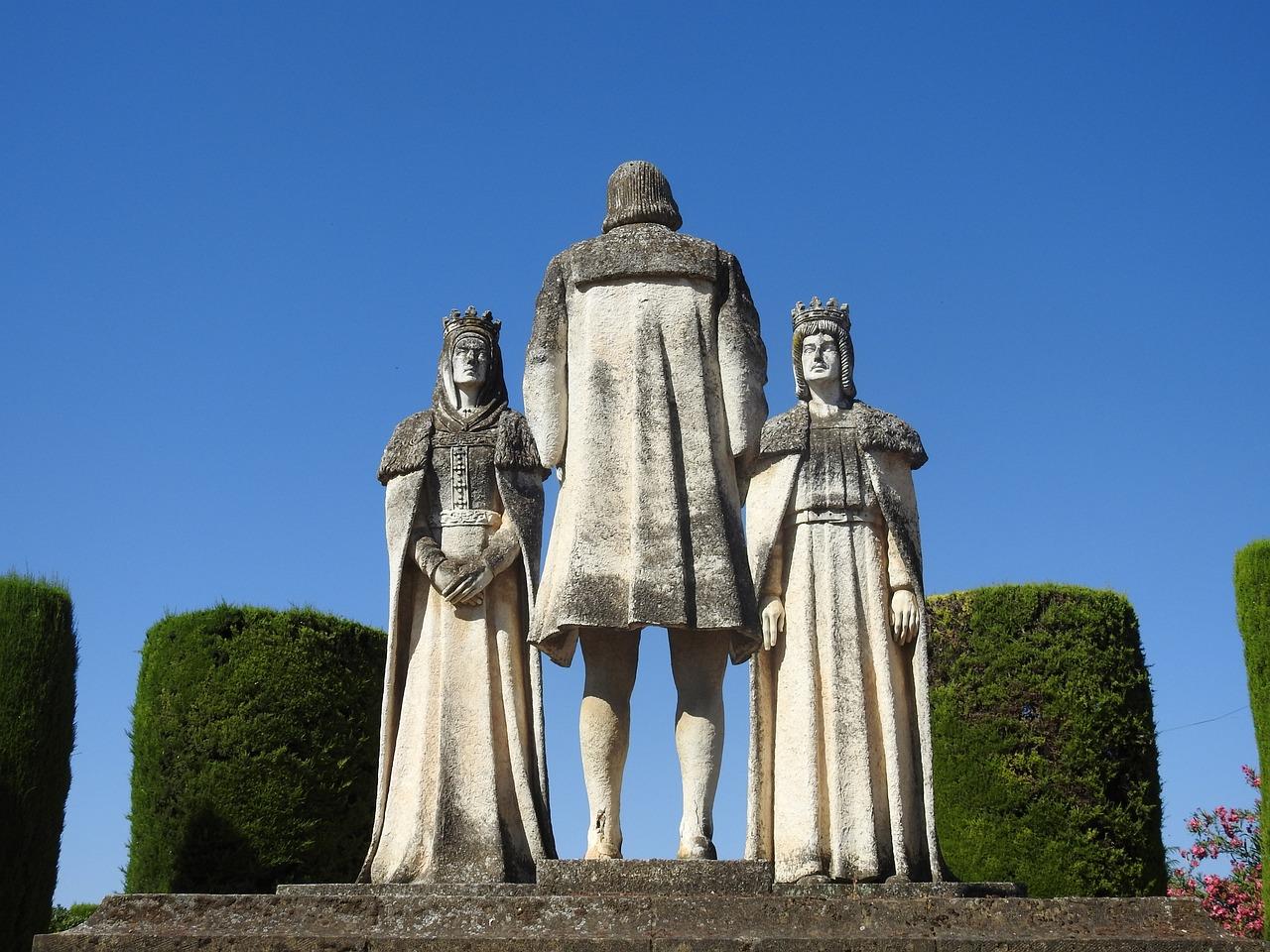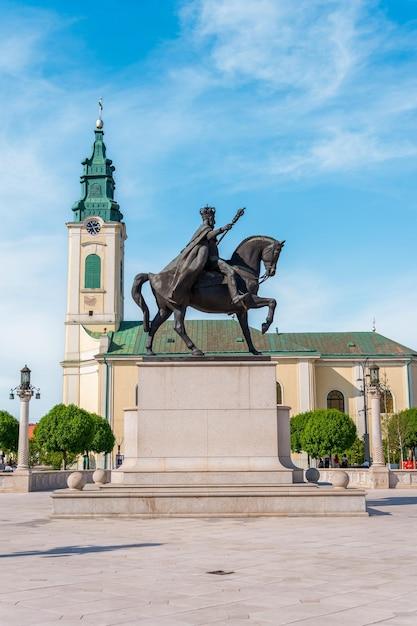Did you know that in the late 15th century, two influential monarchs made a decision that would forever change the course of history? Ferdinand II of Aragon and Isabella I of Castile, the powerful rulers of Spain, took a leap of faith by supporting an ambitious explorer named Christopher Columbus. This support eventually led to Columbus’s voyages to the Americas, with effects that shaped the world we live in today.
You might be wondering, why did Ferdinand and Isabella throw their weight behind Columbus? What was the motivation behind their decision? In this blog post, we will delve into the political, economic, and religious factors that played a pivotal role in the monarchs’ support for Columbus’s daring expeditions. Join us on this captivating journey as we uncover the untold story behind the discovery of America and unearth the consequences of Columbus’s voyages.

Why Ferdinand and Isabella Became Columbus’ Biggest Fans
When it comes to the iconic figures of exploration, Christopher Columbus undoubtedly takes the cake. But have you ever wondered why Ferdinand and Isabella, the reigning monarchs of Spain during Columbus’s time, supported his bold idea of sailing westward to reach the East Indies? Let’s dive into the fascinating reasons behind their unwavering support for the notorious explorer.
A Visionary Plan Unveiled
By the end of the 15th century, Ferdinand and Isabella were itching to rival the maritime supremacy of Portugal. Columbus, with his ambitious and somewhat audacious plan, appeared to be the answer to their prayers. Picture this: Columbus walks into the court, standing tall, wearing his finest robes, and proclaims, “I shall reach the East Indies by sailing west!”
The Golden Opportunity
Financial gain! Need I say more? The promise of wealth from the fabled lands of gold and spices was tantalizingly tempting to Ferdinand and Isabella. Imagine their eyes gleaming with visions of untold riches, as they pondered the potential profits that awaited them if Columbus’s bold endeavor were to succeed.
Diplomatic Leverage
In an era where alliances and rivalries fuelled international politics, Ferdinand and Isabella saw Columbus’s expedition as a golden opportunity to gain a diplomatic edge over other European powers. Supporting such an audacious venture underscored Spain’s determination to challenge the hegemony of Portugal, the then unrivaled master of the seas.
A Leap of Faith
Beyond material gains and political ambitions, there’s something to be said for the human factor – the leap of faith Ferdinand and Isabella took in backing Columbus. Sure, Columbus’s plan seemed wildly improbable, and the possibility of sailing off the edge of the world likely raised a few eyebrows. Nevertheless, the monarchs embraced the spirit of adventure and offered their unwavering support to this eccentric explorer.
Isabella: The Powerhouse in the Background
While Ferdinand may have stolen the spotlight, let’s not underestimate Queen Isabella’s influence in this dynamic duo. Known for her intelligence and assertiveness, Isabella played a significant role in promoting Columbus’s cause. Her belief in the expedition’s potential combined with her persuasive abilities enabled her to convince Ferdinand to take the risk and finance Columbus’s voyage.
There you have it – the enigmatic and multifaceted reasons why Ferdinand and Isabella put their faith and fortune into Columbus’s ambitious plan. Whether it was the allure of wealth, the quest for supremacy, or the spirit of adventure, their support paved the way for an epic journey that would forever reshape the course of human history. So, the next time you hear about Columbus’s voyages, remember the fearless monarchs who stood behind him, defying the odds and making his dreams a reality.

FAQ: Why did Ferdinand and Isabella support Columbus?
What effect did Christopher Columbus’s voyages to the Americas have
One of the most significant effects of Christopher Columbus’s voyages to the Americas was the establishment of transatlantic trade routes that forever changed the course of history. Columbus’s discoveries paved the way for European colonization of the New World and enabled the exchange of goods, ideas, and cultures between continents. This monumental impact ultimately led to the rise of global trade networks, the spread of Christianity, and the beginning of European dominance in the Americas.
Why did Ferdinand and Isabella support Columbus
Ferdinand and Isabella, the dynamic duo ruling over Spain in the late 15th century, eagerly supported Christopher Columbus’s ambitious voyages for a variety of reasons. First and foremost, they were driven by a craving for power, wealth, and fame. Columbus’s proposition of finding a new route to Asia and accessing its coveted riches aligned perfectly with their aspirations.
Moreover, Ferdinand and Isabella were also determined to expand the influence of their monarchy and spread Christianity to new territories. Columbus’s proposed journey had the potential to bring uncharted lands under Spanish control and convert indigenous people to Christianity. This combination of territorial expansion and religious zeal made Ferdinand and Isabella enthusiastic patrons of Columbus’s ventures.
Who discovered America first
Ah, the age-old question that has fueled countless debates and dinner table arguments! While many of us were taught that Christopher Columbus “discovered” America, the truth is a tad more complicated. The honor of being the original discoverers of America goes to the native peoples who have inhabited these lands for thousands of years before Columbus ever set foot on a ship.
However, if we’re talking about European explorers, long before Columbus sailed the ocean blue, a Norseman named Leif Erikson is believed to have made landfall on the North American continent around the year 1000. Still, due to various reasons, including a lack of lasting settlements or significant impact, Columbus’s voyages are often considered the more significant catalyst for European contact and colonization in the Americas.
So, while Columbus captured the spotlight, let’s not forget that America was already here, teeming with diverse cultures and civilizations long before the famous Italian explorer embarked on his fateful journeys.
Remember, history is like a wild tapestry woven with countless threads of exploration, conquest, and indigenous heritage.
